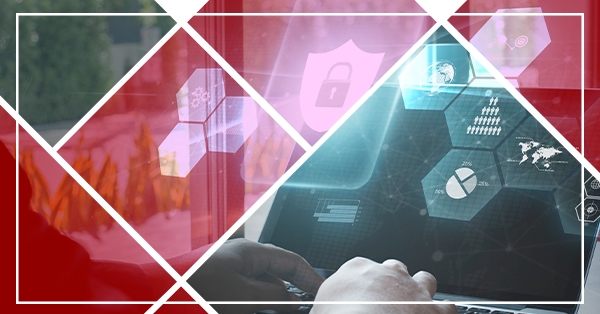5 Simple Ways to Keep Your Household Safe from Cyber Crime
September 23, 2020
1. Use a Password Manager
We’re all guilty of it: Using the same password on many different sites and platforms. Though this certainly speeds up the login process, it’s not worth the risk. It’s best to use a unique and strong password for each and every login.
Password Managers help both to organize and protect these numerous passwords. You shouldn’t be able to remember any of your passwords. A password manager will do the heavy lifting for you.
2. No Default Usernames/Passwords
Be sure to always change your username and password for your household router. All too often, those who do not, fall victim to someone accessing their WIFI signal. Once they have your login, there’s not much you do.
These default usernames and passwords are plastered all over the internet for anyone to find. Instead of risking someone using this against you, take the time to create a custom username and strong password from the get-go to protect your WIFI.
3. Apply Software Updates Regularly
Though oftentimes ignored, software updates are vital to keeping your computer and personal information safe. Software updates serve many purposes including patches on potential security flaws and software vulnerabilities.
It is recommended to apply software updates as soon as they become available. This is a simple and easy way to keep cyber criminals at bay.
4. Apply Multifactor Authentication for Extra Security
What’s better than cyber security? An extra layer of security on top of that. That’s where Multifactor Authentication (MFA) comes in. MFA, sometimes referred to as two-factor authentication, is a security feature in which users can only access information by presenting two (or more) forms of identification.
Using Multifactor Authentication is just another way to keep you and your household safe from identity theft.
5. Consider a Credit Freeze with Each of the Credit Bureaus
Placing a credit freeze more or less blocks cyber criminals’ access to your credit report. It is a precautionary option that many people try. By placing a credit freeze with the three major credit bureaus, it makes it nearly impossible for someone to open a credit account in your name. Yes, even if they have your personal data.
Remember, you’ll need to unfreeze your credit for mortgage, auto finance, applying for new credit cards, and similar credit-related services.

